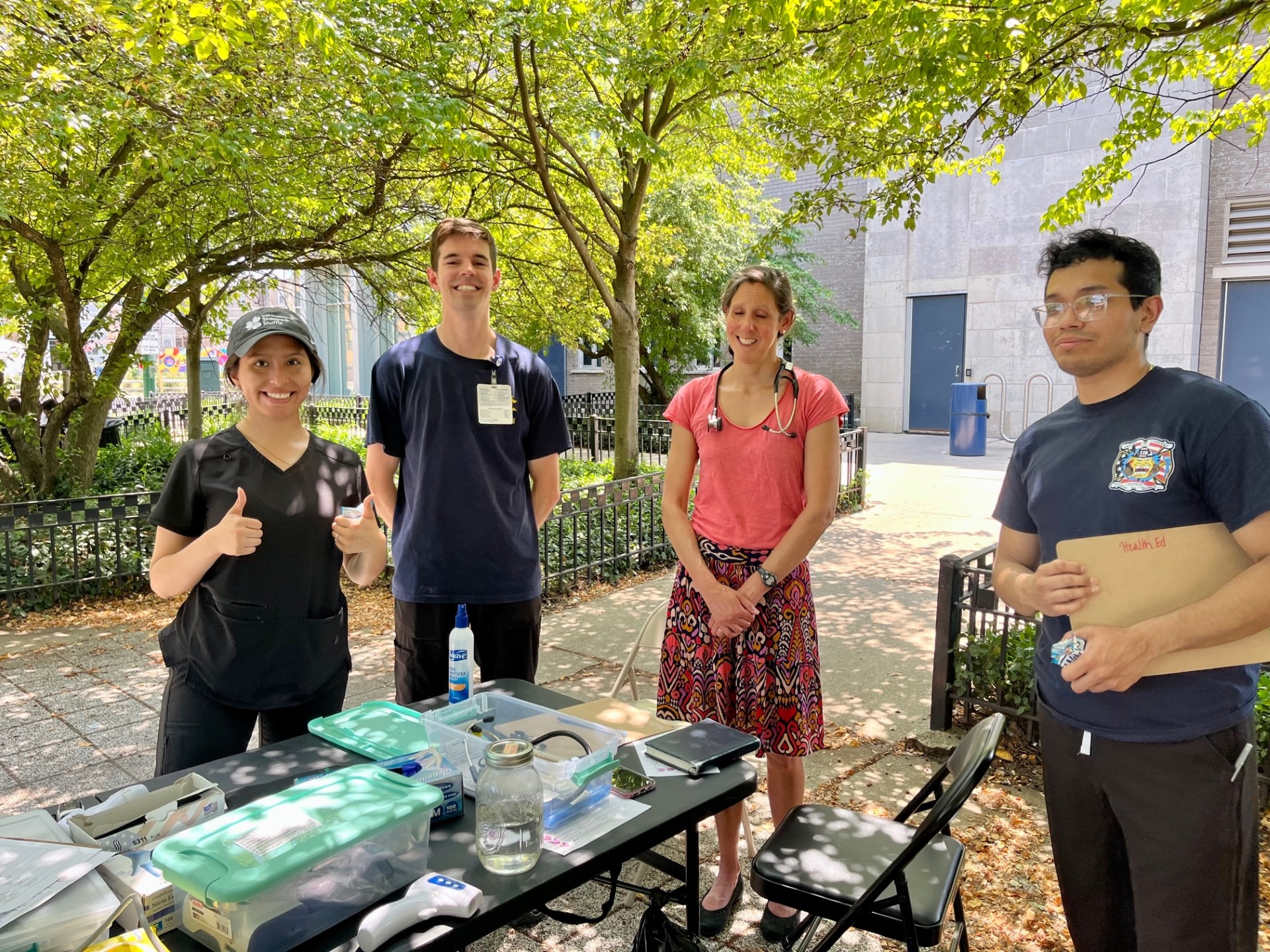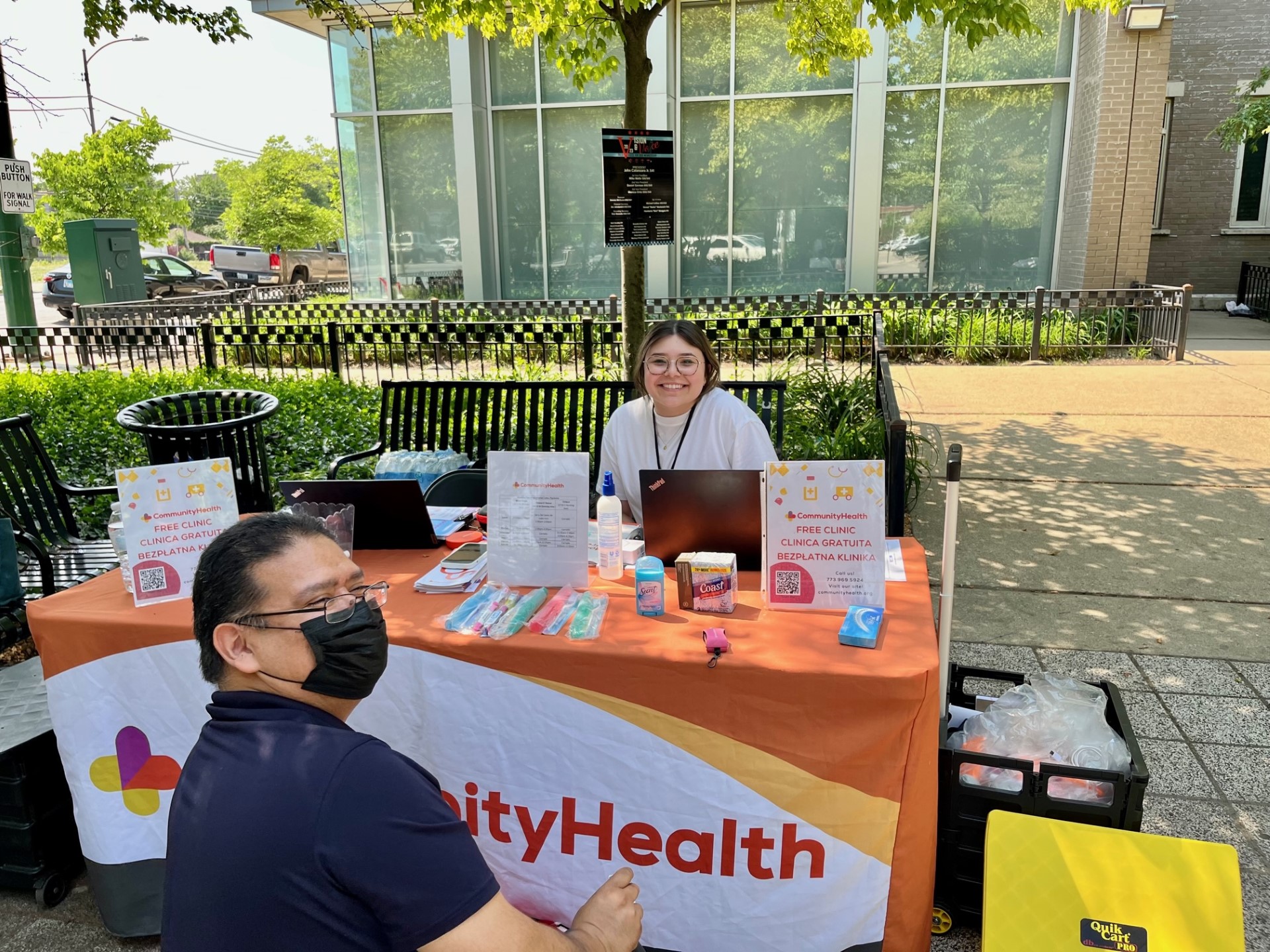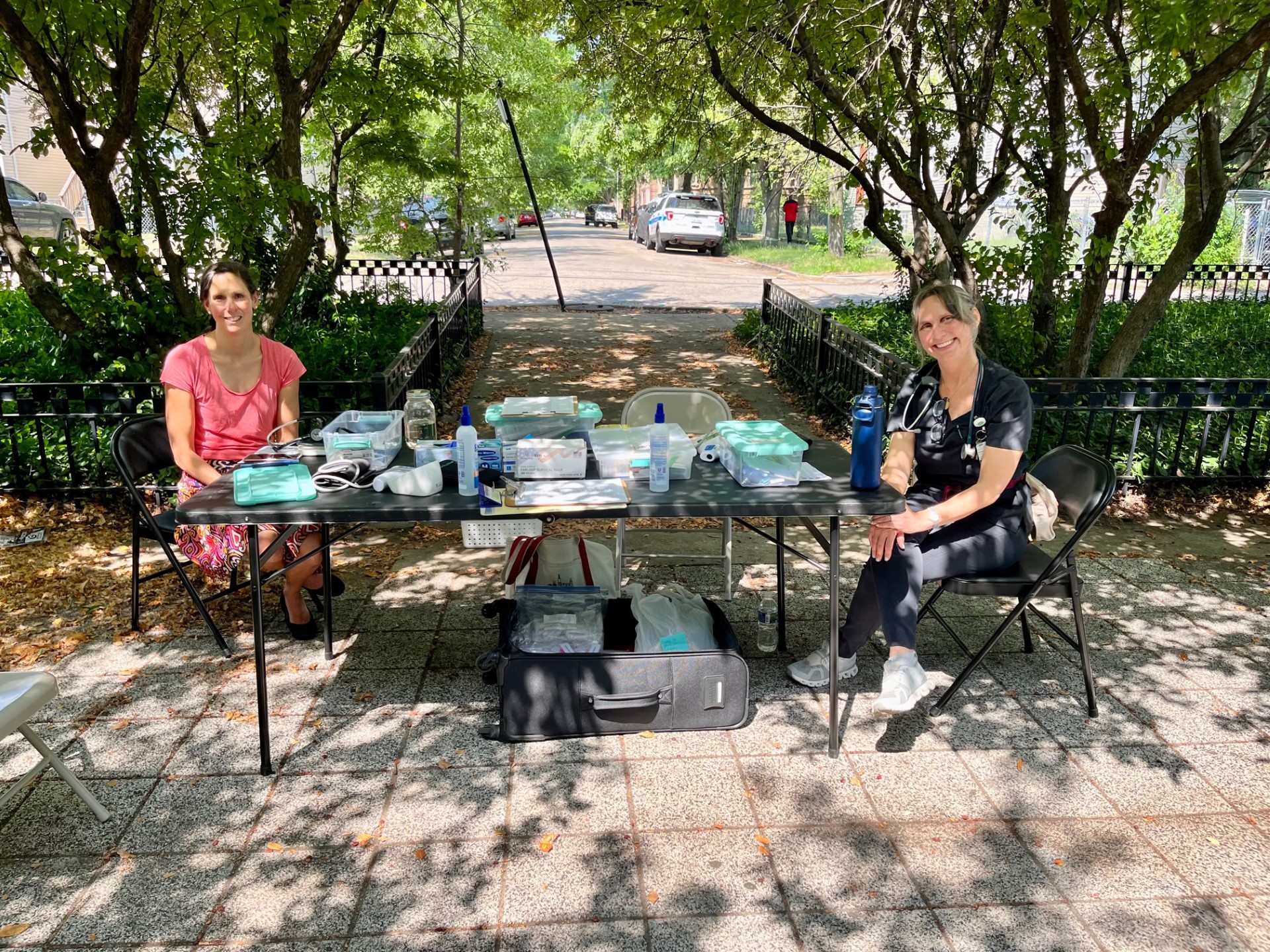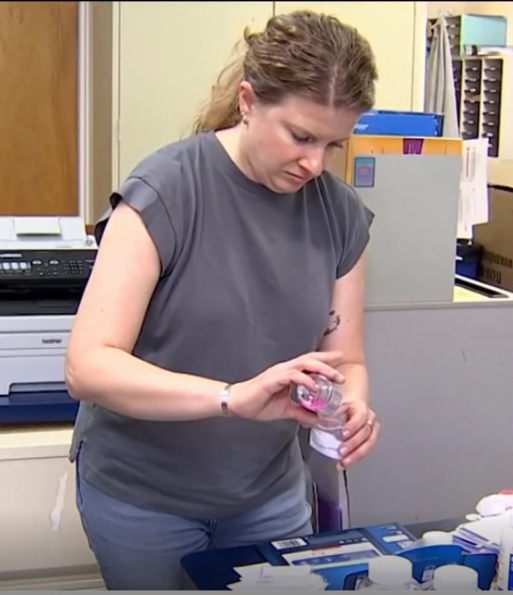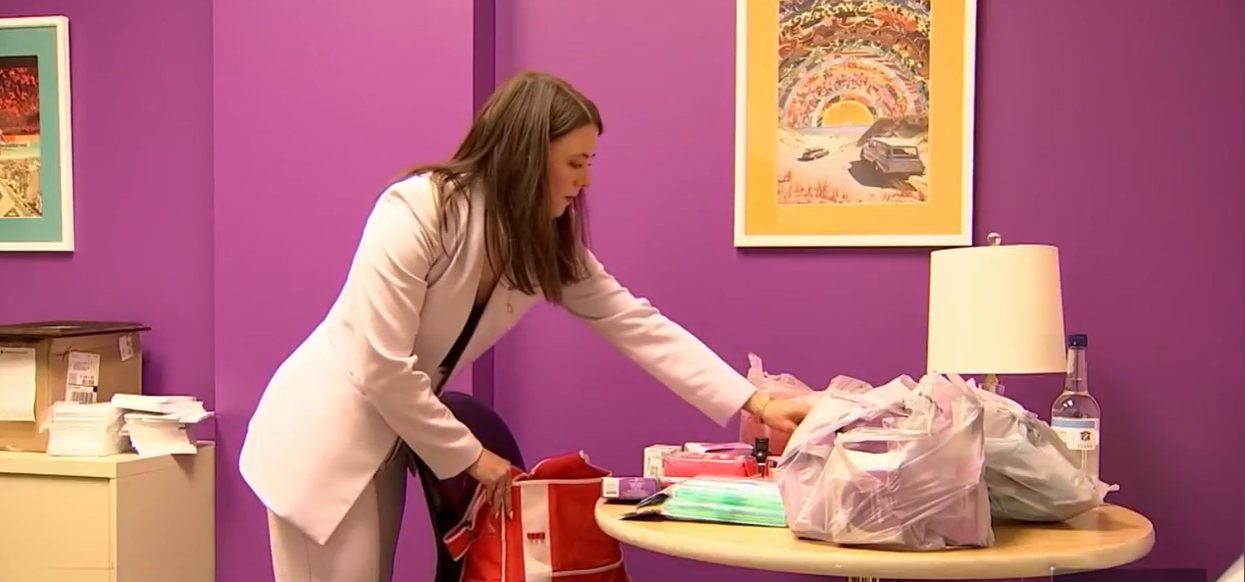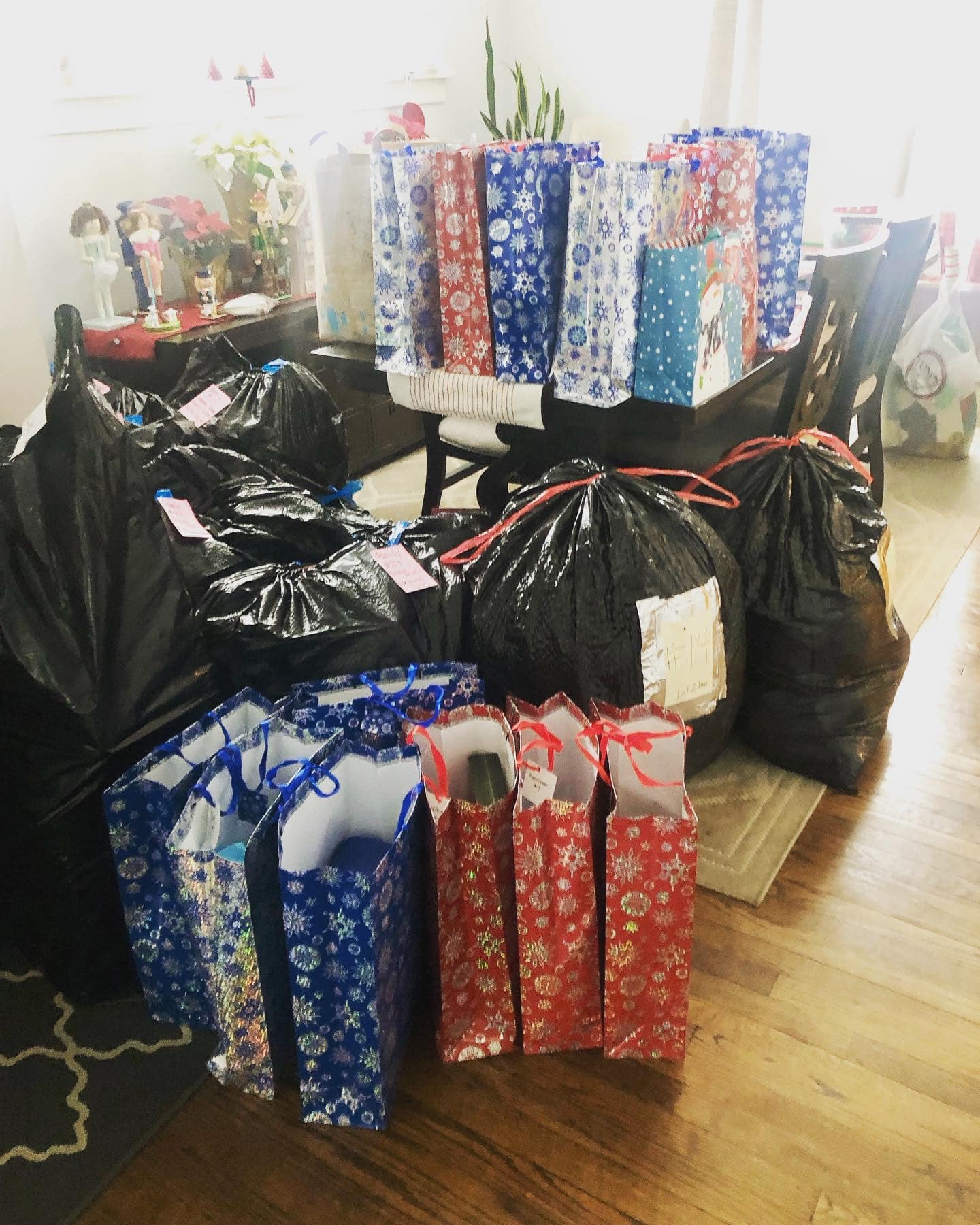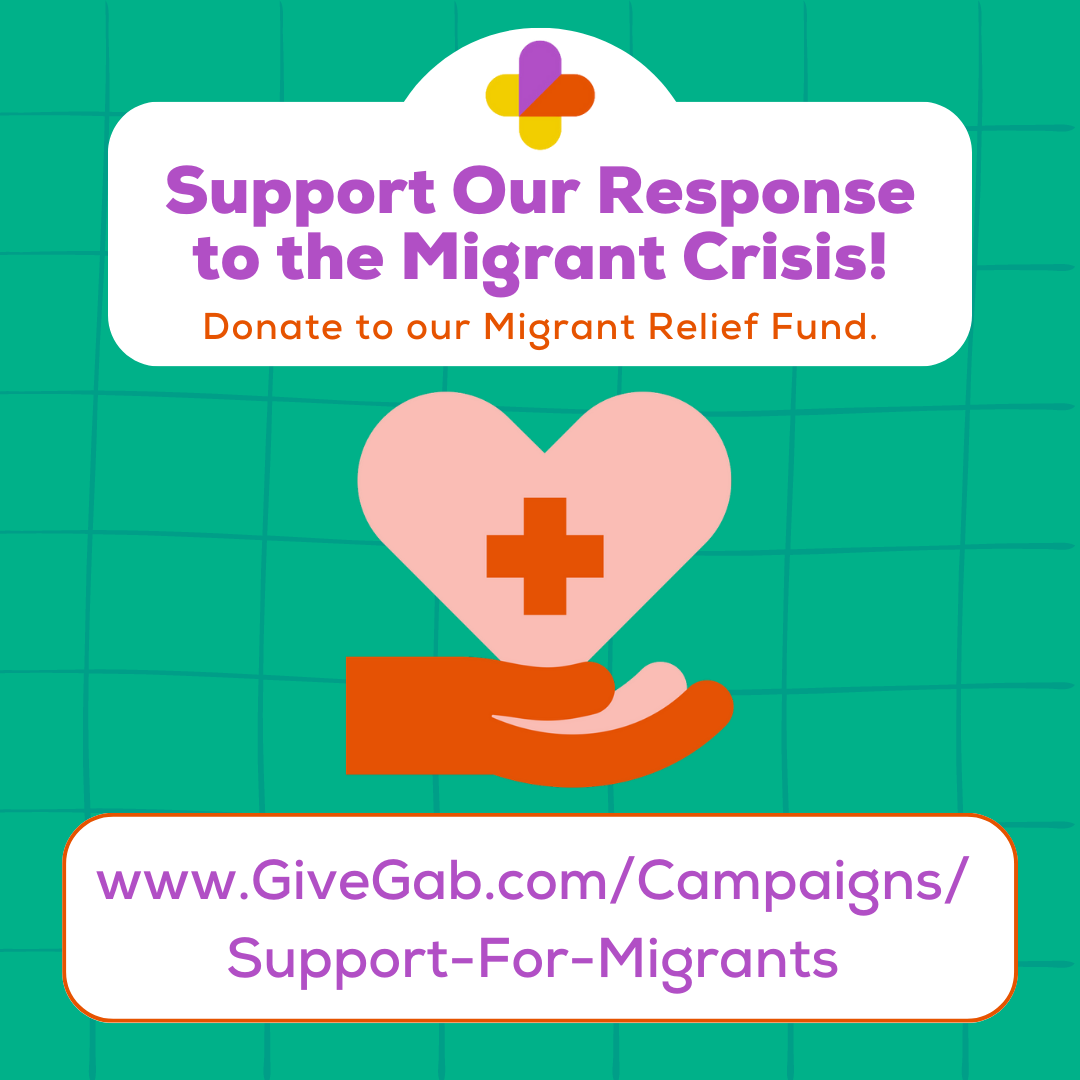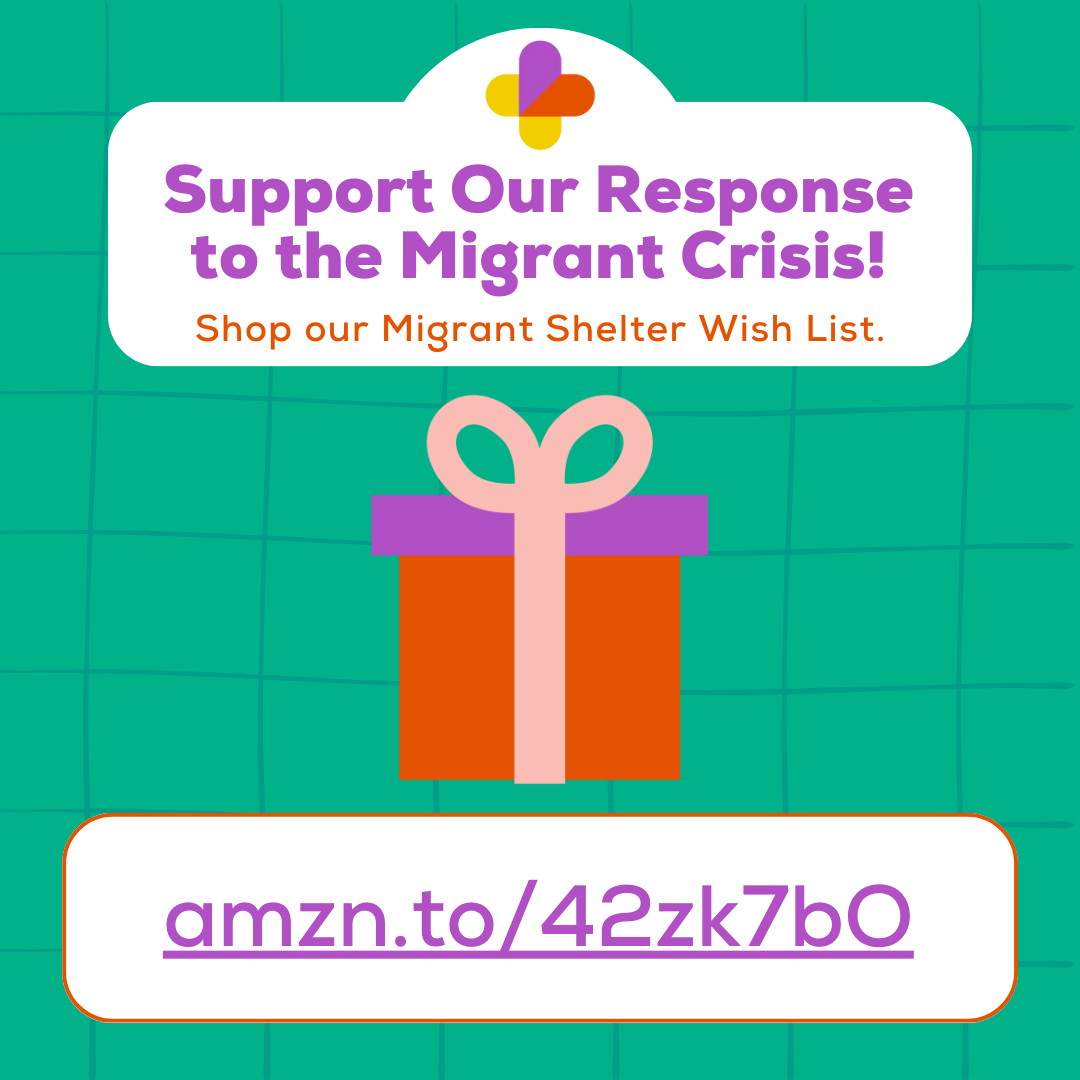With over 10,500 asylees transported to Chicago from Southern states like Texas and Florida since August of 2022, the City of Chicago is in a State of Emergency.
Migrants fleeing political, social, and environmental instability everywhere from South America to Morocco to Russia are seeking asylum in the United States as the Public Health Emergency from the pandemic has been lifted.
Community-based organizations had little time to prepare for the influx of migrants after the cessation of Title 42 in early May, a policy implemented that allowed border patrol to turn away asylum seekers but also recessed federal consequences of illegal immigration.
“Nobody wants what they are experiencing now but they are willing to go through such a difficult time. It’s hard to imagine how bad things must be from where they are coming from that they willing endure this.” – Laura Starr (Director of External Affairs)
As of June 5th, over 20 local police precincts have housed more than 750 asylees at a time without proper access to showers or laundry, where most people are sleeping on floors.
And with over 4,300 migrants awaiting immigration at gymnasiums, park district buildings, and even a community college that are at maximum capacity, health care leaders call on the federal government for funding to provide safe, sustainable housing.
CommunityHealth is on the front line as migrants seek asylum in Chicago… and we are bringing the smiles to our new neighbors!
In under ten days, we deployed mobile care units to police precincts as requested by the City of Chicago‘s Office of Emergency Management.
“We have a very progressive approach to make sure that we are reducing all barriers for folks, including migrants who may not necessarily have all of the paperwork that you would typically expect in a traditional medical setting.” – Stephanie Willding, MPA (Chief Executive Officer)
Adapting to street medicine, we are providing free triage, medications, and assessments twice a week, in partnership with Ann & Robert H. Lurie Children’s Hospital of Chicago on Wednesdays to serve whole families.
After developing two new locations to meet our communities where they are at during a global pandemic, it is clear that CommunityHealth steps up to the challenge when called upon.
The leadership at CommunityHealth understands that crisis response is a mindset.
“Give us a couple days and we got this,” cheers our Director of Clinical Services, Emily Hendel.
Throughout the pandemic, CommunityHealth successfully launched two community-based clinics to serve patients in their neighborhoods, eliminating barriers to care and the no-show rates that accompany such.
Considering Onward Neighborhood House serves as a welcoming center for recent arrivals, providing over one fourth of referrals to our clinic, Laura explains that “the microsites were in response to one crisis and now are supporting a new crisis.”
And as Enlace distributes care packages to precincts, it is clear that “we built something for one crisis that is now being very useful in response to a second.”
She notes that “the work that we did over the past three years in responding to COVID really prepared us to respond quickly and to go where people are.”
The city requested the service of CommunityHealth because of our reputation of serving these populations with respect.
Cultural competency is at the forefront of our compassionate care.
Ava Zeligson, Manager of Volunteer and Training Programs, is managing and coordinating volunteers “to make this experience less stressful and more supportive,” such as prioritizing Spanish-speaking providers who can “increase familiarity” for migrants.
As many of the asylees have fled the Maduro Regime in Venezuela, migrants find human connection with our volunteers who relate to and come from their communities.
Our Director of Clinical Services personally serves on medical mission trips to Guatemala where she has mastered the organization of resources necessary for a pop-up care team.
Yet, CommunityHealth staff recognize that this work would not be possible without our devoted volunteer network.
Ava elaborates that “before we even knew what we were going to do, volunteers were emailing and applying to help out with this initiative.”
Many of the health concerns stem from the months-long journey to refuge and the living conditions at the precincts.
Most health assessments report migraines, body aches, and stress.
However, there have been no cases of tuberculosis reported by the Illinois Department of Public Health despite misinformation.
As CommunityHealth registers recent arrivals as new patients under the state protection of Victims of Trafficking, Torture, and Other Serious Crimes (VTTC), we look forward to providing relief to people with braces after months of overdue adjustment or restored vision to those who lost their glasses during passage.
“This is about dignity.”
Serving as the liaison between the government and other non-profit partners, Laura is spending several hours a week in meetings to strategize collaboration between all players in the city supporting the crisis.
She says that “when we were responding to the COVID crisis, everyone was experiencing the crisis together. But this is not something that is happening to everyone so some people are unaware that this is going on. The more visibility we can give these issues, the more people are able to pitch in and help.“
In the winter of 2022, community members organized a drive to collect gloves, jackets, and hats for the recent arrivals from South America who were unprepared for Chicago winters.
Now CommunityHealth has organized a Migrant Shelter Wish List for community members to donate toiletries and clothing to asylees at the precincts.
And the response has been heart-warming, as offices at the clinic overflow with shipments.
Currently, CommunityHealth is implementing point-of-care testing for flu, COVID, and strep as well as basic wound treatment.
With plans to expand resources to include condom and pregnancy test distribution, vaccination administration, and more, community members can donate directly to our Migrant Relief Fund.
And in collaboration with Mutual Aid Volunteers who reached out to help before CommunityHealth units even hit the ground, we are able to fill prescriptions for free and deliver them to asylees as well as serve warm meals.
Applications to the Mutual Aid efforts are open for individuals and organizations looking to provide support through transportation, enrichment opportunities, housing, and more.
“We have purpose right now. We know what it is right. We know what we need to do to step up and step in to provide dignity to these folks in the midst of their crisis.”
To learn more about how CommunityHealth is responding to the migrant crisis, please visit…

